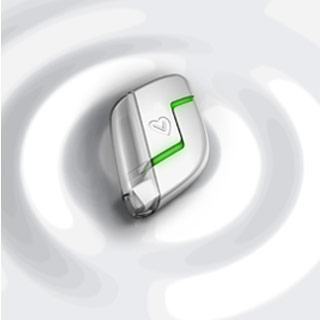
This system is believed to have been made possible through the use of Vena wireless healthcare device platform developed by the company itself. Through the use of this wireless platform, the novel system is stated to connect to an online personal health care application either through a computer or a smart phone. This system is believed to not only have the ability of reminding the patient to take their medication, but can also send its compliance data back to the personal healthcare portal. This information is believed to be accessible to both the patient as well as the healthcare professional. This may in turn help both of them to keep an eye on the progress and also connect with each other via this technology.
David Blakey, Head of Drug Delivery, Cambridge Consultants, says that, “The idea behind the ‘connected patient’ is to enable seamless data transfer using wireless technologies, from patient monitoring or treatment devices to a patient’s healthcare network – a physician’s office or online medical support applications, for example – to encourage patients to follow their planned treatment regime. Using connected medical devices to close the loop between a patient and their healthcare provider can facilitate increased compliance, enable better therapy results, and may ultimately reduce long-term treatment costs.â€
It has been stated that this wireless connection between the patient and their respective treatment with the healthcare community on a whole may in turn open up new avenues for monitoring and treating a patient.
To this, Vice President at the US office of Cambridge Consultants, Michael Dunkley, says that, “Parents of children or carers caring for seniors can monitor compliance and be alerted if a therapy is not being followed correctly. Both patients and caregivers can also be directly rewarded with appropriate incentives for achieving increased compliance. Moreover, they can link into consumer Web 2.0 healthcare communities, perhaps sharing information or getting encouragement from others. The system can also enable remote monitoring to facilitate early detection of potential problems and lead to proactive intervention.â€
Apart from this, the system is also believed to consist of Bluetooth Health Device Profile which ensures a secure conveyance of medical information to a single chip. This affordable chip is believed to have been exclusively designed for the Vena platform.
A demonstration of this device is believed to soon take place on 19-22nd May 2009 at the Respiratory Drug Delivery Europe 2009 (RDD Europe).
